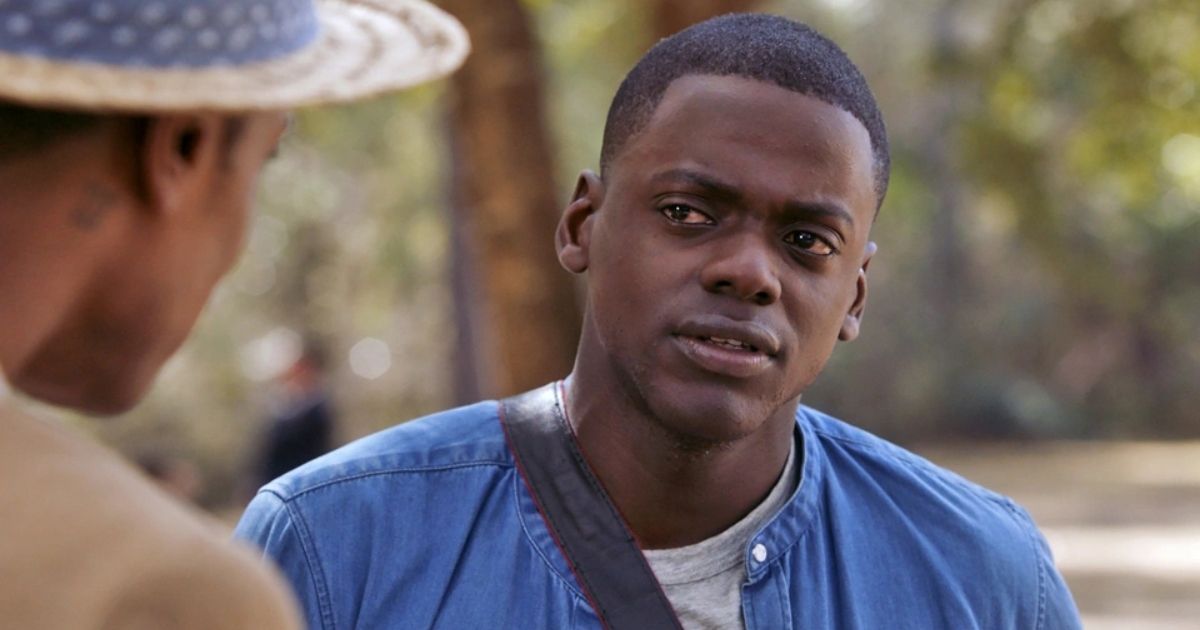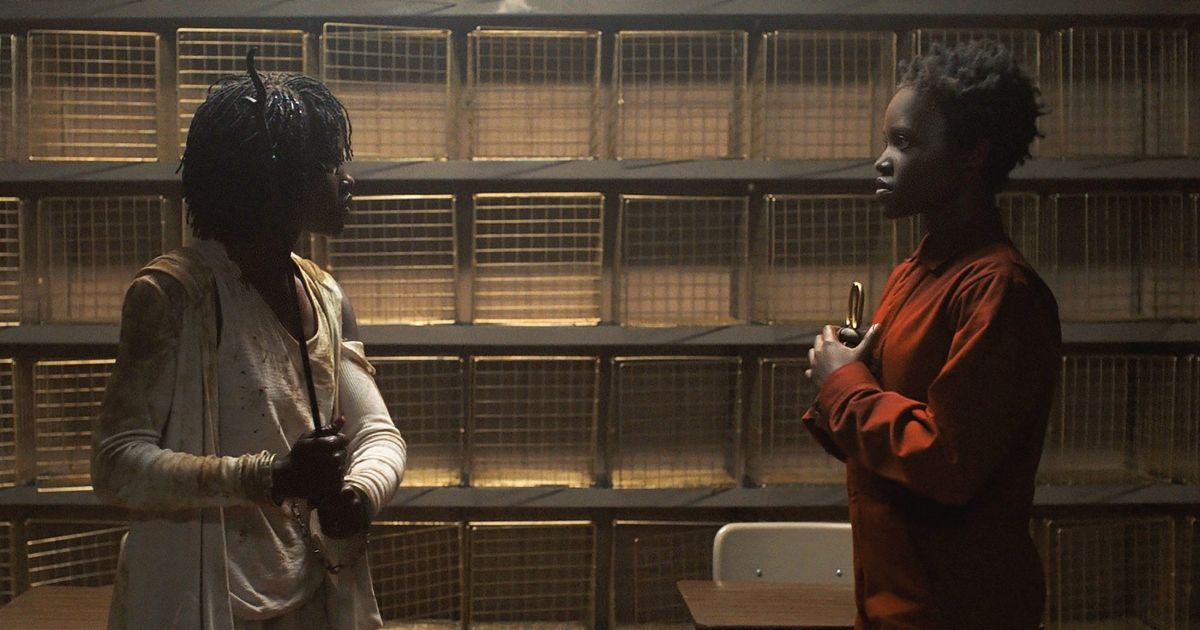
[ad_1]
Jordan Peele, being one of the most remarkable filmmakers of this generation, has turned the tides in the world of cinema. Being a comedian to an actor, it was definitely unexpected of him to make films that boggle the minds of the audience and leave them wanting more. His directorial debut, Get Out, was released in 2017, and was a psychological thriller that has a 98% rating on the Tomatometer, and deservedly so. Following the success of Get Out, Peele went on to release Us in 2019 and Nope in 2022. All three films focus on different thematic discourses that have reflected immensely on society.
The way in which Peele unpacks the harsh truths of American history using the horror genre, as well as current society, makes his films quite important and something that deserves to be studied constantly. Using films to send out powerful messages can either make the film successful or too complicated for the audience to understand. Fortunately, the films released by Peele thus far, have fallen under the former category. That is why trying to look at it through a sociopolitical lens to understand what these films tell us about real American horrors is both important and intriguing.
Slavery and Racism
From the three films Peele has released, Get Out might be the most obvious film that focuses on American history of slavery and racism. Daniel Kaluuya’s portrayal of Chris Washington was phenomenal, and plays a key part in illustrating the fear of the white majority, represented through the Armitage estate. What is intriguing is that Peele ensures that the theme of racism is highlighted from the very beginning of the film. The incident where Chris and his girlfriend, Rose Armitage (Allison Williams) are stopped by the police and the police officer’s questioning of Chris and not Rose, the driver, is one key example of this. So is Rose’s constant reassurance of how her parents are not racist, in turn, indicating the anxiety of racism.
The theft of the Black body, as Thrasher states, is one of the most significant themes of the film. The way in which these Black men are lured by Rose, then bid on and their identities stolen as they are literally “white washed”, internally tells so much about current society. Peele alludes to historical elements of slavery, like the Black servants of the huge Armitage estate, that might resemble the white people using African slaves to do hard labor on their plantations. This allows him to create a link between the past and the present as he unpacks how the Black body has not gained the freedom they deserve. It is still being “used” in a way. It also reflects on the lack of accountability.
Nope also focuses on this idea of the theft of the Black identity. They way in which the Haywoods’ ancestors were not given credit for being one of the first people who helped with the development of cinematic technology, simply because he was black alludes to the long history of the theft of Black community’s ideas, creatives, and bodies. It is remarkable to see Peele use a real-life story and add his “creative liberty” to reflect on the themes of racism and slavery.
Othering and Privilege
Us was a very complicated Black horror film, but one that makes the viewer spend a large time in the chair, thinking about what exactly happened. These types of films are fascinating, but what makes them worthwhile is their addressing of crucial topics. Us‘ key theme seems to be othering. The othering of the foreign race and the othering of immigrants. One can interpret the film in many ways. However, the conflict between the tethered and the main characters emphasizes on the American fear of the other. This might reflect on the xenophobia that is prevalent in America. They way in which certain stereotypes are reinstated constantly, and certain communities are cast aside simply based on the color of the skin or religious differences can be seen through the conflict between the tethered and the main characters.
Peele also talks about how the main characters are privileged and their privilege comes from the suffering of the tethered. Thus, he attempts to visually represent the two sides of the same coin by plaining the Wilsons and their friends above the ground and the tethered underground. This further contributes to the idea of being different, takes away ones privilege or limits it, as they are constantly cast aside.
Get Out also reflects on this by indicating the obvious difference between the white characters and the Black characters. The Armitage family and friends exploit their white privilege by taking authority over the Black body and stealing it.
Capitalism
Nope takes a very interesting approach by playing with the viewers themselves. Peele might have tricked the audience into watching their own selves and the way in which they overindulge in entertainment, in turn, feeding to different (sometimes) extreme forms of entertainment. It is interesting to watch a film that focuses on the extreme extents people go to entertain themselves in a world where extreme entertainment is seen in the most absurd things, like just the sway of hands. The way in which Ricky “Jupe” (Steven Yeun) uses the foreign object of the flying saucer for entertainment purposes is both shocking and disturbing. It is disturbing simply because the viewer is aware of the threat imposed by the saucer. However, this also makes one question “what if the viewer wasn’t aware of the threat”. In such a situation, there is a probability of some joining the circus audience. Perhaps, that might be the issue that Peele is trying to focus on. Our obsession over gazing and looking for entertainment to the extent of exploiting almost anything and everything, blinds us from the possible repercussions. This message is very much embedded in Nope, in turn, alluding to capitalism.
[ad_2]
Source link




